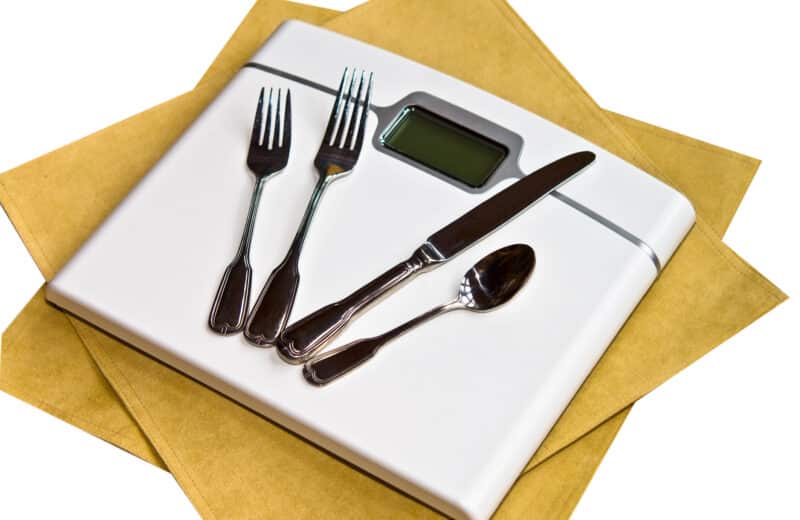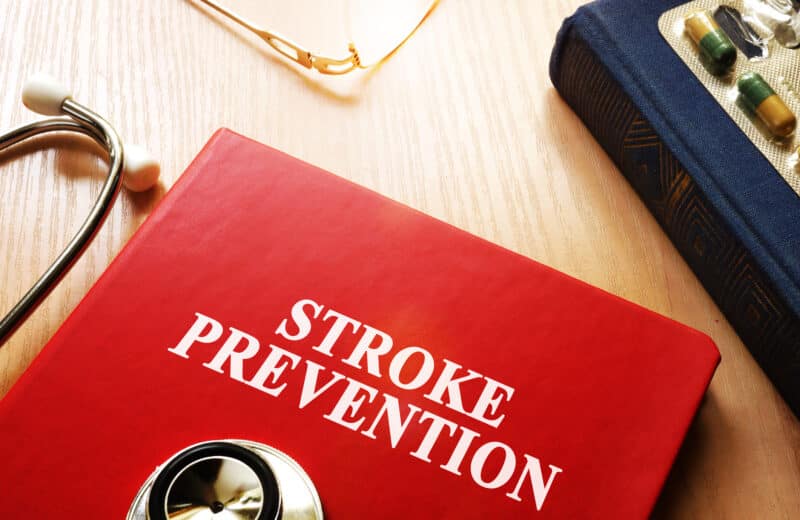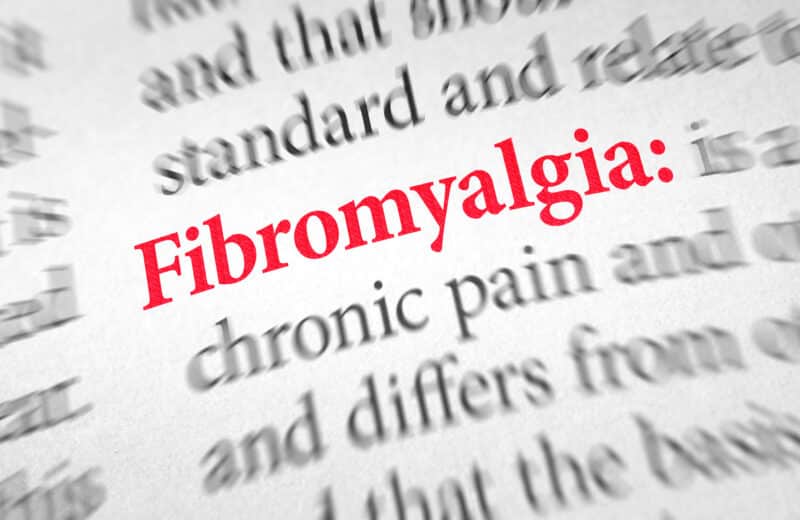Like many women, you may have memorized the minimum daily calcium requirement — 1,000 milligrams (mg) a day for women ages 50 and younger and 1,200 mg for women over 50 — and followed it faithfully in an effort to preserve your bones. You’ll probably be surprised to learn that many health authorities don’t agree with that recommendation. Dr. Walter Willett, chair of the Department of Nutrition at Harvard T.H. Chan School of Public Health, thinks you’re likely to do just as well on half as much calcium.
“Essentially, I think that adults do not need 1,200 mg of calcium a day,” he said. “The World Health Organization’s recommendation of 500 mg is probably about right. The United Kingdom sets the goal at 700 mg, which is fine, too. It allows for a little leeway.”
Why the 1,200 mg recommendation?
Adequate calcium is necessary for good health, and not just because it’s a major component of our bones. It also plays a vital role in keeping our organs and skeletal muscles working properly. The body gets the calcium it needs for basic functions by releasing the calcium stored in our bones into the blood through bone remodeling–the process by which bone is constantly broken down and rebuilt.
Because bone density drops when bone breakdown outpaces bone formation, scientists reasoned that maintaining an adequate level of calcium in the blood could keep the body from drawing it out of the bones. In the late 1970s, a couple of brief studies indicated that consuming 1,200 mg of calcium a day could preserve a postmenopausal woman’s calcium balance.
Based on those studies, in 1997 an Institute of Medicine panel raised the recommendation for calcium intake from 800 mg to 1,200 mg a day for women over 50. That wasn’t a sound decision, Dr. Willett says: “The recommendation was based on calcium balance studies that lasted just a few weeks. In fact, calcium balance is determined over the course of years.”
Moreover, there wasn’t any evidence that consuming that much calcium actually prevented fractures. Nonetheless, the recommendation has been carried forward since then.
What recent research has found
In the past two decades, several clinical trials involving thousands of postmenopausal women have sought to determine how calcium intake affects the risk of hip fractures. In each study, women were randomly assigned to one of two groups — one to receive calcium and supplements of vitamin D (to aid calcium absorption) and the other to get placebo pills. After several years, the researchers looked at the number of hip fractures in each group. Here’s what they found:
Calcium and vitamin D supplements don’t prevent fractures. That finding came from two British studies reported in 2005. It was substantiated by a 2006 report from the Women’s Health Initiative, which showed that 18,000 postmenopausal women who took a supplement containing 1,000 mg of calcium and 400 international units (IU) of vitamin D were no less likely to break their hips than an equal number who took a placebo pill, although the density of their hip bones increased slightly. Even that small change might have been due to the vitamin D rather than the calcium.
High calcium intake — from either food or pills — doesn’t reduce hip fracture risk. This was the conclusion of a 2007 report by Swiss and American scientists who conducted an analysis of more than a dozen studies of calcium.
The downside of calcium supplements
The studies also revealed a couple of downsides to high levels of calcium supplementation, but not to calcium obtained through a regular diet:
1. An increased risk of kidney stones. In the Woman’s Health Initiative, women taking the calcium-vitamin D combination had a higher risk of developing kidney stones than those who got the placebo. Although high levels of dietary calcium are thought to offer some protection against kidney stones, high doses of calcium from supplements may promote stone formation by increasing the amount of calcium that is eliminated in the urine.
2. An increased risk of heart attack. In a randomized study of 1,471 postmenopausal women conducted in New Zealand, 21 of 732 women who took 1,000 mg of calcium a day had heart attacks, compared with 10 of 736 who received a placebo. A 2010 analysis of 15 randomized controlled trials also linked calcium supplementation with an increased risk of heart attack.
Some researchers have speculated that calcium supplements may contribute to heart disease by increasing blood levels of calcium, which can cause arteries to stiffen and blood pressure to rise.
Vitamin D is important, too
Vitamin D is also essential for healthy bones. In fact, the daily vitamin D requirement was first introduced to help prevent rickets — a condition in which developing bones are soft and can become bowed — in children.
Vitamin D is made in the skin through exposure to ultraviolet radiation in sunlight. However, the amount produced varies widely from person to person. People with darker skin produce less vitamin D than lighter-skinned people, and in all populations, the skin’s ability to convert sunlight to vitamin D declines with age.
Plus, if you follow the advice to reduce your risk of skin cancer by keeping covered and wearing sunscreen, you’re also cutting your vitamin D production. Such variability has made it difficult for researchers to tell how much vitamin D people make in addition to the amount they consume in supplements. Evidence from studies that have measured blood levels of vitamin D indicates that levels in the high-normal range are optimal for building bone. To reach those levels may require taking 800 to 1,000 IU of vitamin D a day.
What’s the bottom line?
One thing the studies have taught us is that both calcium and vitamin D are essential in building bone. The question is how much of each. Dr. Willett recommends going lower on calcium and higher on vitamin D than the guidelines suggest — 500 to 700 mg a day of calcium and 800 to 1,000 IU of vitamin D.
At that rate, you can probably get all or most of your calcium from food, especially if you have a serving or two of dairy products daily. If you can’t tolerate dairy, you should still be able to get 300 mg a day in your diet and can take a low-dose calcium supplement to make up the rest. By keeping your supplement consumption to 500 mg or less a day, you should avoid the possible risk of heart disease and kidney stones suggested by the studies.
Although vitamin D is added to milk and some other foods, you’ll probably need a supplement to be sure you’re getting enough. A capsule containing 800 to 1,000 IU should do the trick. – Harvard Women’s Health Watch













